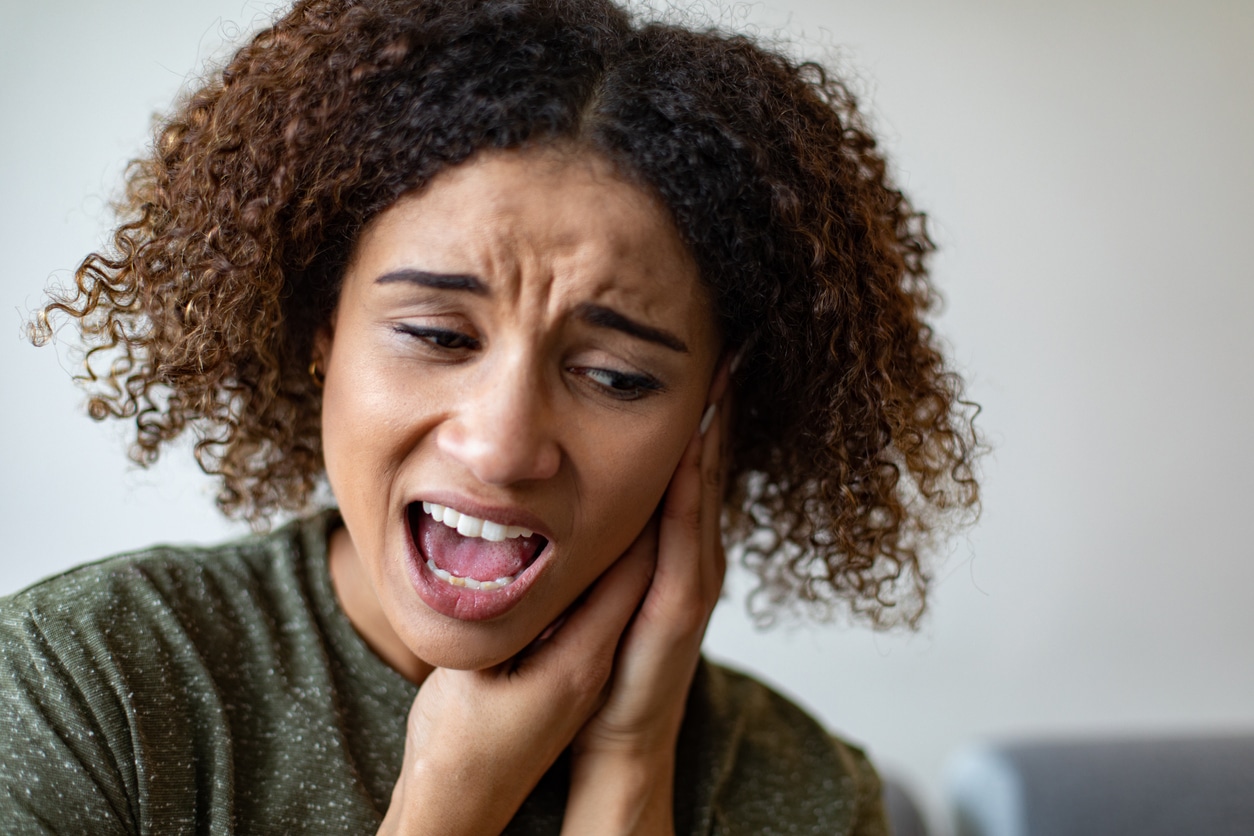Broad tinnitus refers to the presence of a ringing, buzzing or whooshing sound in the ears without an external source. Somatic tinnitus, a subsect of the condition, affects approximately 65% of those with broad tinnitus. With somatic tinnitus, the internal ringing is triggered by head, body and eye movements.
Somatic tinnitus presents unique challenges beyond the constant presence of sound. The fact that bodily movements can modulate the sound means that a simple head turn can trigger ringing. Let’s take a look at a few tips to help reduce the impact of somatic tinnitus on your life.
Identify Triggers

Pay attention to activities or movements that worsen your somatic tinnitus symptoms. By identifying and avoiding these triggers, you can minimize the impact on your daily life. Triggers for somatic-specific tinnitus are likely related to body or eye movement but may also include loud noise, caffeine and stress.
Practice Relaxation Techniques
Engaging in activities like reading and meditation or attending classes at Body Mind Yoga focused on relaxation can help reduce the intensity of somatic tinnitus.
Sound Masking
Using hearing aids or sound masking devices can provide relief by masking the ringing or buzzing sound with more pleasant and soothing noises. Hearing aids are excellent for sound masking during the daytime, while white noise machines may be more beneficial at night.
Address Underlying Conditions
Somatic tinnitus is most often triggered by muscular or vascular conditions of the head, neck, spine and jaw, including:
- Temporomandibular joint disorder (TMD). TMD causes pain and tenderness in the joints on either side of your jaw. TMD may arise from teeth grinding, jaw injuries, arthritis and wear and tear.
- Bone spurs. Bone spurs are smooth, bony growths near your joints, common in patients with arthritis or joint damage.
- Cervical spondylosis. Cervical spondylosis refers to the wear and tear affecting the cartilage and bones in your neck, usually as a result of aging.
- Pressure on myofascial trigger points. Myofascial trigger points are hyperirritable spots on your body, usually within a band of skeletal muscle. Pressure on these points can result in pain.
In addition to these four conditions, poor posture and frequent pain in the head and neck grinding can result in somatic tinnitus.
Consult an Auditory Specialist
Seeking guidance from trusted audiology specialists can provide valuable insight and support in managing somatic tinnitus. By conducting an examination and consulting specialists in dentistry and neurology, they can help identify the underlying cause of your tinnitus and determine the best course of action for your specific condition.
Contact Hearing Care by Hough today to schedule an appointment with one of our specialists for tinnitus management.
